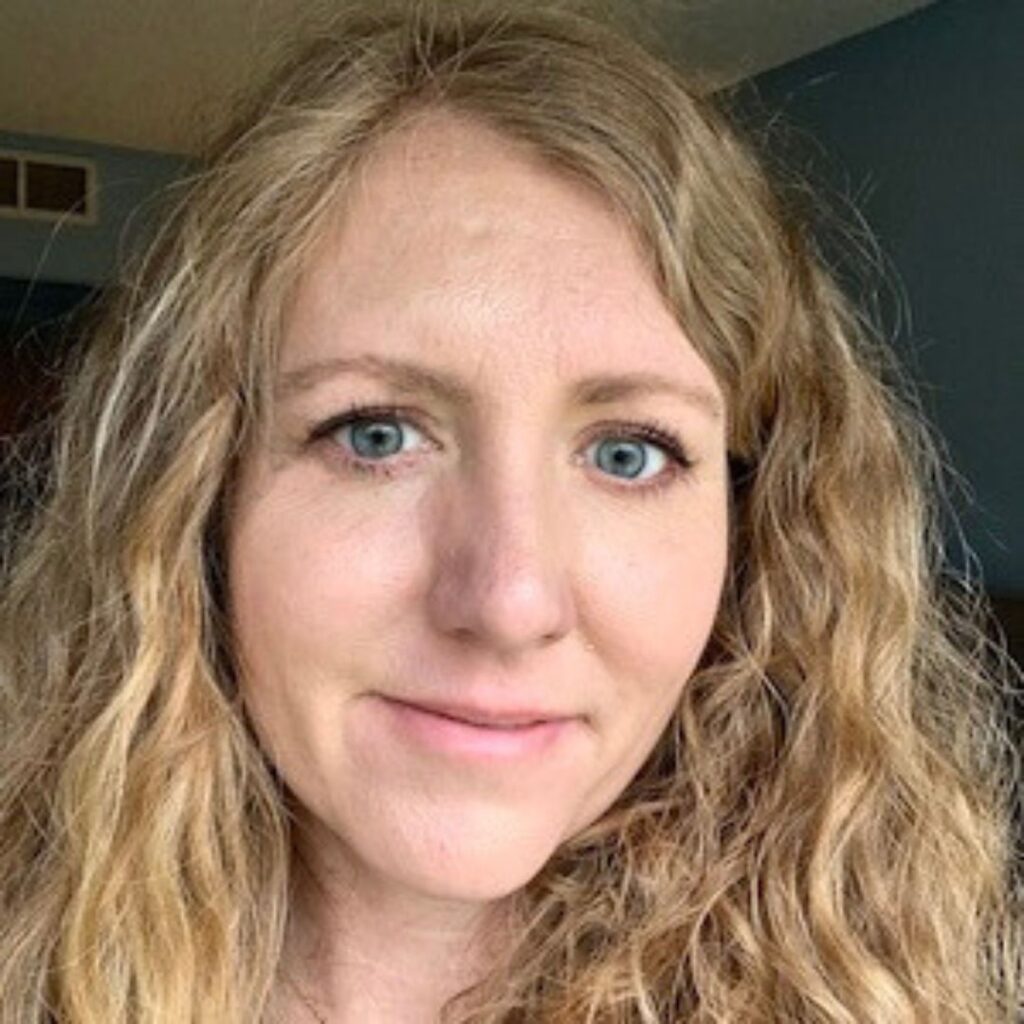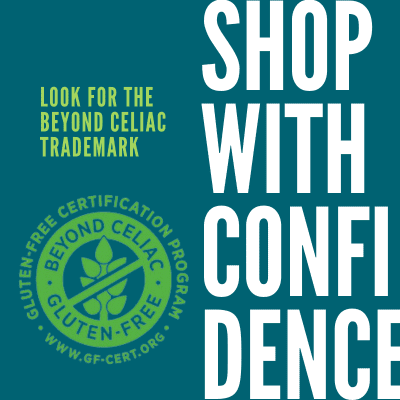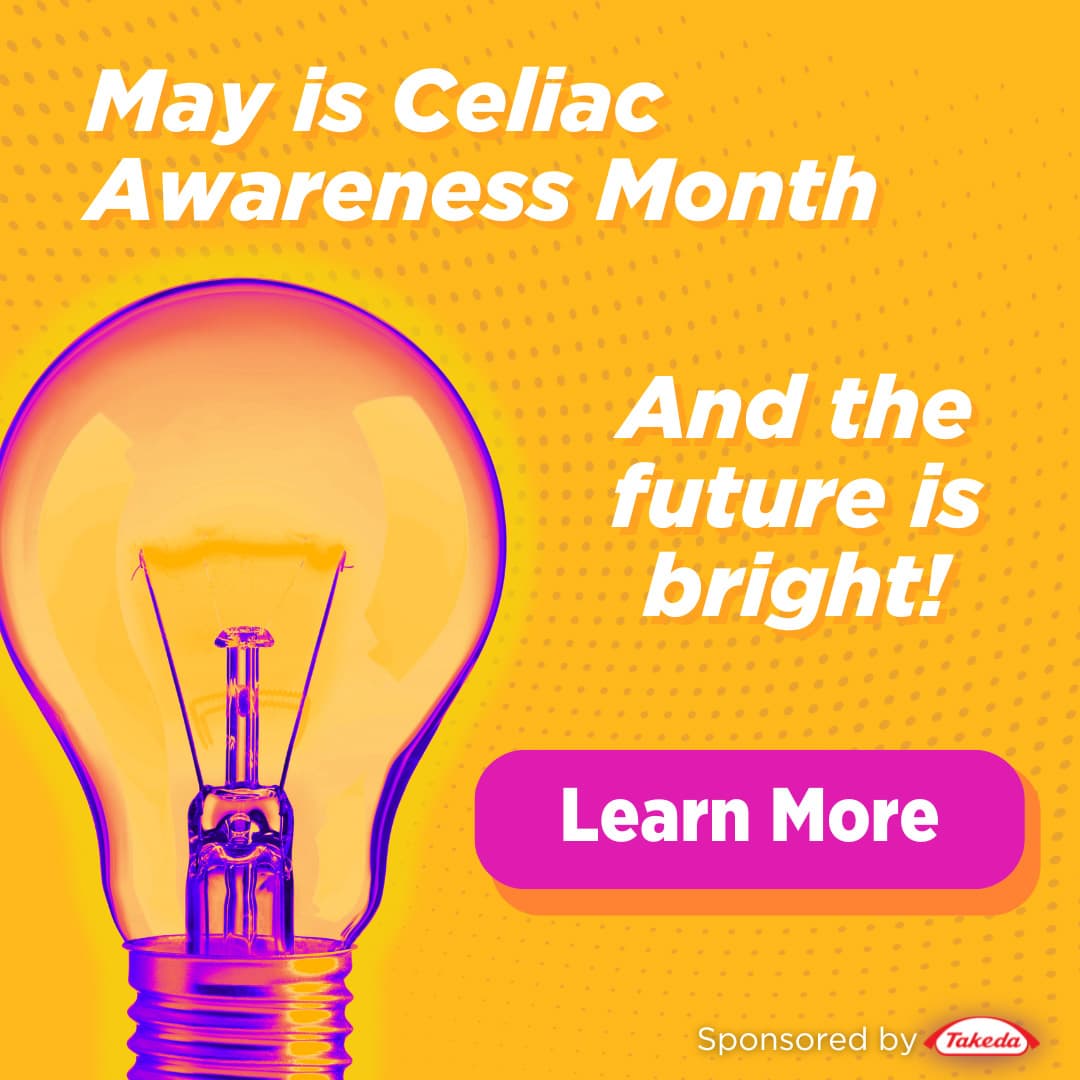Describe your life prior to diagnosis.
At a young age, I discovered that diet was critical to health when I learned my grandmother had celiac disease. She was diagnosed in the 1960s while living on a wheat farm, of all places, with my grandfather. I remember her mail-ordering food that she could eat—dry and crumbly biscuits, bread, and cakes. I would want to taste this food as a kid, only to spit it into a napkin after realizing it didn’t taste like the bread or cake I knew.
As a child I was very thin, very clumsy, and often sick with recurrent infections. I frequently had headaches, stomachaches, fainting spells, and anxiety, which would come and go throughout the years. In my late teen and early adult years I again experienced frequent infections, so I had to have my tonsils removed in college.
I would get so very hungry before I ate food, only to feel full after just eating a little bit (my sisters often teased me for being “so hungry” and “so full.”) I had many other symptoms that would come and go over the years as well, but I was not aware until I was an adult that celiac disease was genetic or that I was at risk of having the disease my grandmother had.
How did you find out that you had celiac disease? Did you suspect it beforehand?
My son was diagnosed with a dairy and egg allergy when he was one and I was in my early 30s. In order to try to avoid dairy and eggs in baked goods, I decided to start baking my own bread. It was delicious and I ate a lot more bread than normal, leading to much GI distress for several weeks. Around the same time, my mom had begun having symptoms of celiac disease and decided to get tested due to our family history. After talking with her, I realized I was also at risk, so I decided I needed to get tested. The more I learned about celiac disease and all of the non-GI symptoms it can cause, the more I suspected it.
How long did it take for you to get diagnosed since your first symptoms and what (if any) challenges did you face along the way?
My symptoms began in childhood, but they were just normal for me and no one ever thought I might have celiac disease. Thankfully, once I suspected celiac disease, I found a knowledgeable doctor and was diagnosed shortly after with a blood test and endoscopy.
Do you believe anything could have sped up your diagnosis? If so, please explain:
If testing had been better in the 1980s for family members of patients with celiac disease, I likely would’ve been diagnosed as a child. I hope that things have changed in that regard, and at least with my own two children testing for celiac disease has been recommended due to genetics.
Describe your experience living with celiac disease:
I’ve had a celiac disease diagnosis for almost 15 years now. I only ate at home for at least a year after my diagnosis, being too nervous to venture out to restaurants. The longer I ate gluten-free, the healthier I felt.
Because my son had multiple food allergies to dairy and egg that were diagnosed only about a month before I was diagnosed with celiac disease, our family was suddenly on a very restrictive diet. I was thrust into becoming proficient in all sorts of dietary issues. As a new mom, I had to learn how to modify recipes to accommodate our diet, how to keep my son and myself safe from our food issues, and how to make sure my child was receiving the basic nutrients he needed with such limited food options. I eventually decided to pursue becoming a dietitian and, after many years of hard work, I am a dietitian today with a private practice specializing in celiac disease and gluten-related disorders.
What would a cure mean for you?
A cure would be amazing for me and my family, as multiple members of my immediate family are now diagnosed with celiac disease. I would love to have the freedom to eat at any restaurant we wanted to and eat all the foods I remember from childhood in their full gluten form again. Not only would it benefit me, but many of my patients that I see as part of my nutrition counseling private practice who also have celiac disease.
Is there anything else you’d like to add to your story?
I offer nutrition counseling services to those with celiac disease and gluten intolerance through my business Three Square Nutrition and I take insurance in order to make it more affordable. I have a passion for helping people navigate their first experiences into eating gluten-free and giving them the freedom and confidence to do things like dine-out and travel.




